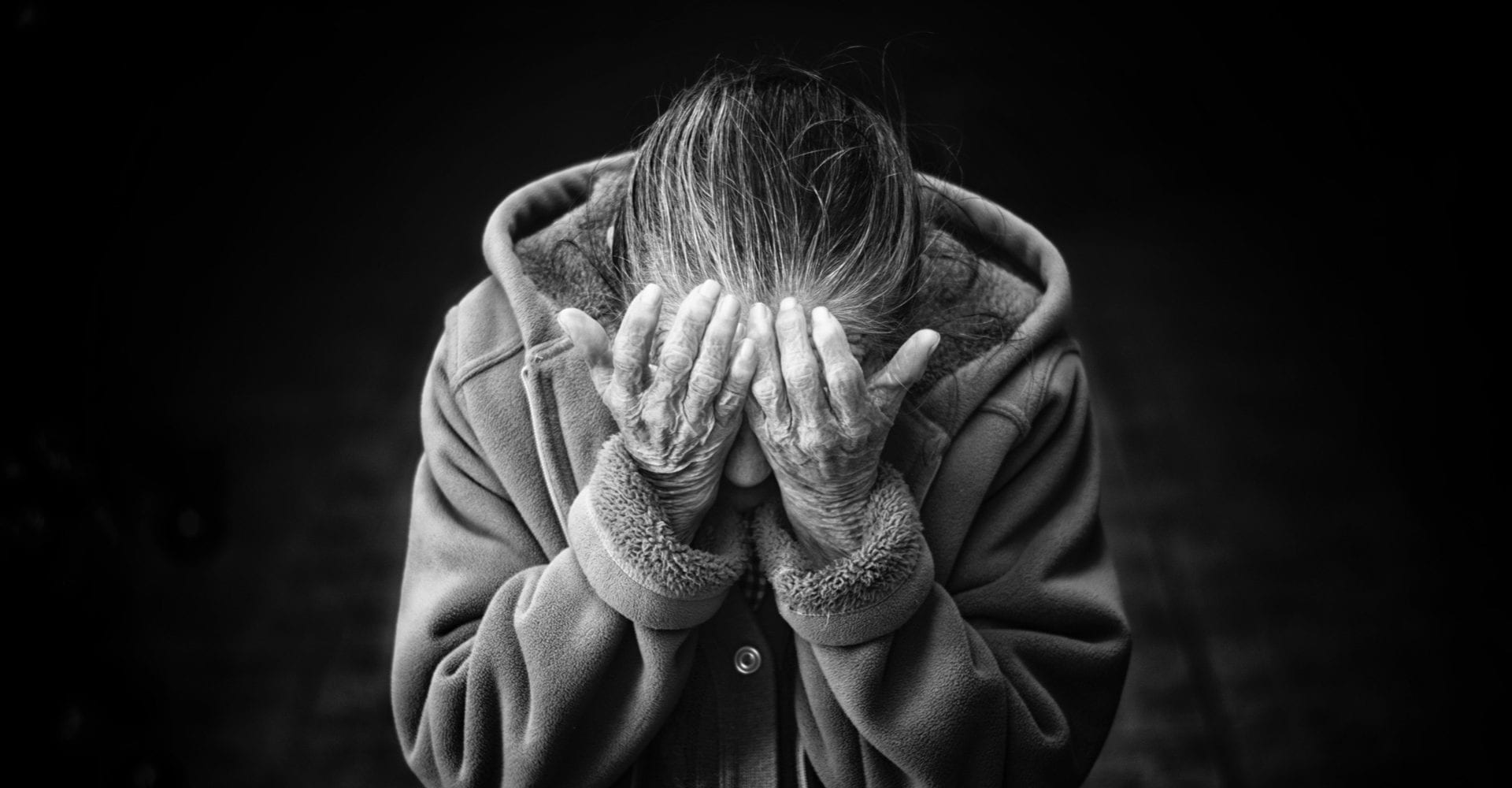
How technology is changing the way we grieve
This week, several members of the DeathTech Research Team were featured in the ABC Radio National programme, God Forbid. Listen here.
Is it possible to be biologically dead, but socially alive? What would that entail? On God Forbid, James and panel find out more about the digital afterlife.
In this episode:
Ever logged into Facebook and received a notification about someone – or from someone – who has died? It’s more common than you may think, and it’s only going to happen more.
We now have the technology to create online avatars that can imitate a deceased person’s speech and mannerisms, based off their digital footprint. It’s a technology that raises questions about the boarders between the living and the dead.
Across culture and religion, rituals for grief and mourning vary greatly. Is it possible to translate these rituals to the online world? Why or why not?
Guests:
Dr Hannah Gould is a cultural anthropologist and ARC Research Fellow with ‘The DeathTech Research Team’ at the University of Melbourne. She just completed her doctoral thesis on the transforming memorial culture of Japan. She now researches high-tech death – and how the current COVID-19 pandemic is changing the way we deal with dead people.
Rev Dr Robyn Whitaker is a Uniting Church minister and Senior Lecturer in New Testament studies at Pilgrim theological college in the University of Divinity. Her academic specialty is end of world apocalyptic studies. She got her doctorate from the University of Chicago and was a Postdoctoral fellow at the Union Theological Seminary in New York.
Categories